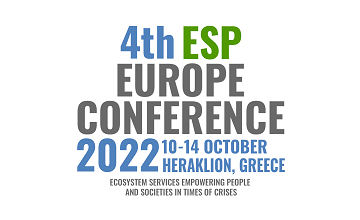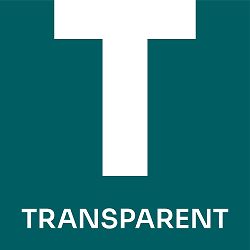During the 4th ESP Europe Conference we would like to give the plenary stage to any of our ESP members! Are you a member? Send us your video (max 1 min) sharing:
- Your name, affiliation, country and since when you are a member;
- Why you like being a part of ESP and how it benefited you;
- Your wishes for ESP.
Send you video to [email protected] before 8 October 2022.




